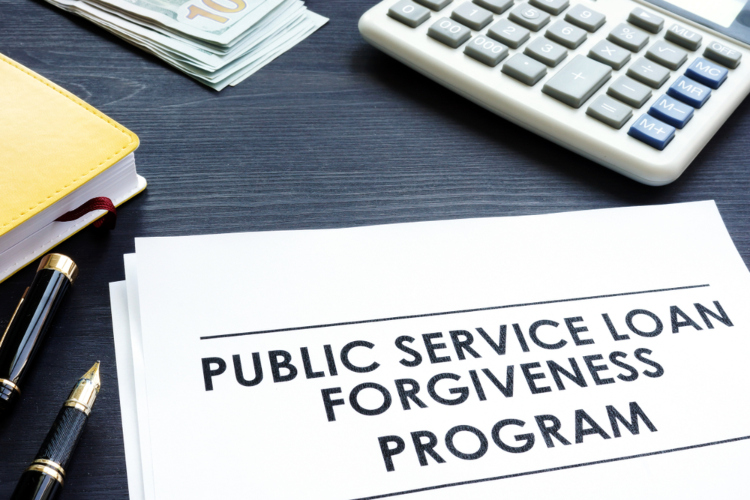
"Proposed changes to the Public Service Loan Forgiveness program published Monday would revoke eligibility for borrowers working for nonprofit and government organizations deemed to have a "substantial illegal purpose," a term with a broad definition. The program offers loan forgiveness for those who make monthly payments on direct federal student loans for 10 years while working full time in qualified public service jobs. Among those participating in the program are lawyers working as prosecutors, public defenders and advocates for low-income communities."
"A provision that cuts out employers that aid violations of federal immigration laws, for example, could be used to disqualify work for state and local governments that don't cooperate in immigration enforcement, Forbes says, citing a blog post by the Institute for College Access & Success. Other provisions will keep employers out of the program if they aid discrimination in violation of federal law or support terrorism."
"According to the guidelines, another activity with a "substantial illegal purpose" includes aiding castration or mutilation of transgender minors in violation of state and federal laws. An illegal purpose is also defined as violating state laws that prohibit, among other things, trespassing, disorderly conduct, vandalism and obstruction of highways. The changes would apply to activities with a "substantial illegal purpose" that happen after July 1, 2026."
Proposed changes would revoke Public Service Loan Forgiveness eligibility for borrowers employed by nonprofit or government organizations deemed to have a "substantial illegal purpose." The definition covers aiding violations of federal immigration laws and could disqualify state and local governments that do not cooperate with immigration enforcement. Other disqualifying activities include aiding discrimination in violation of federal law, supporting terrorism, and assisting castration or mutilation of transgender minors in violation of laws. The definition also includes violating state laws such as trespassing, disorderly conduct, vandalism, and obstruction of highways. The changes would apply to activities after July 1, 2026.
Read at ABA Journal
Unable to calculate read time
Collection
[
|
...
]